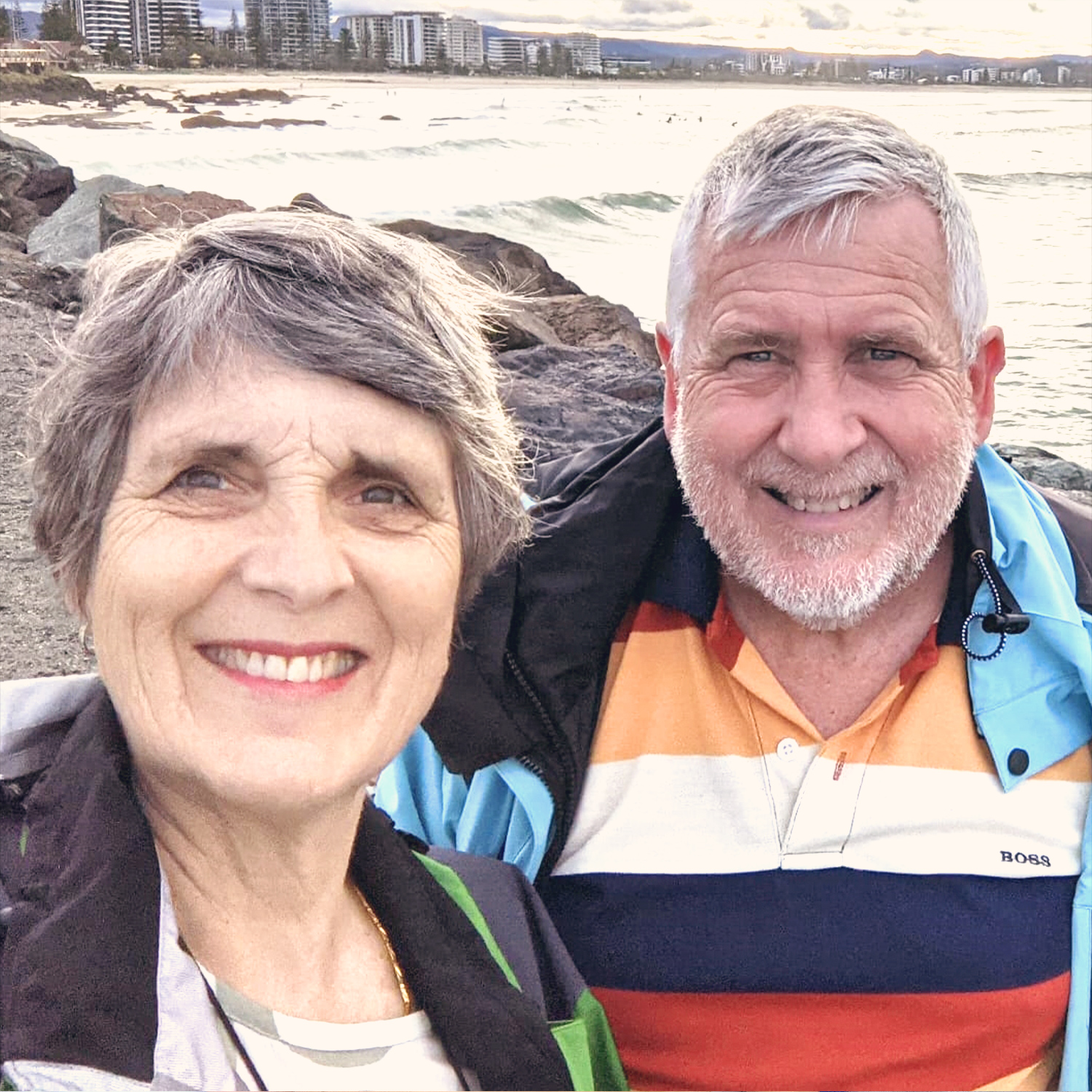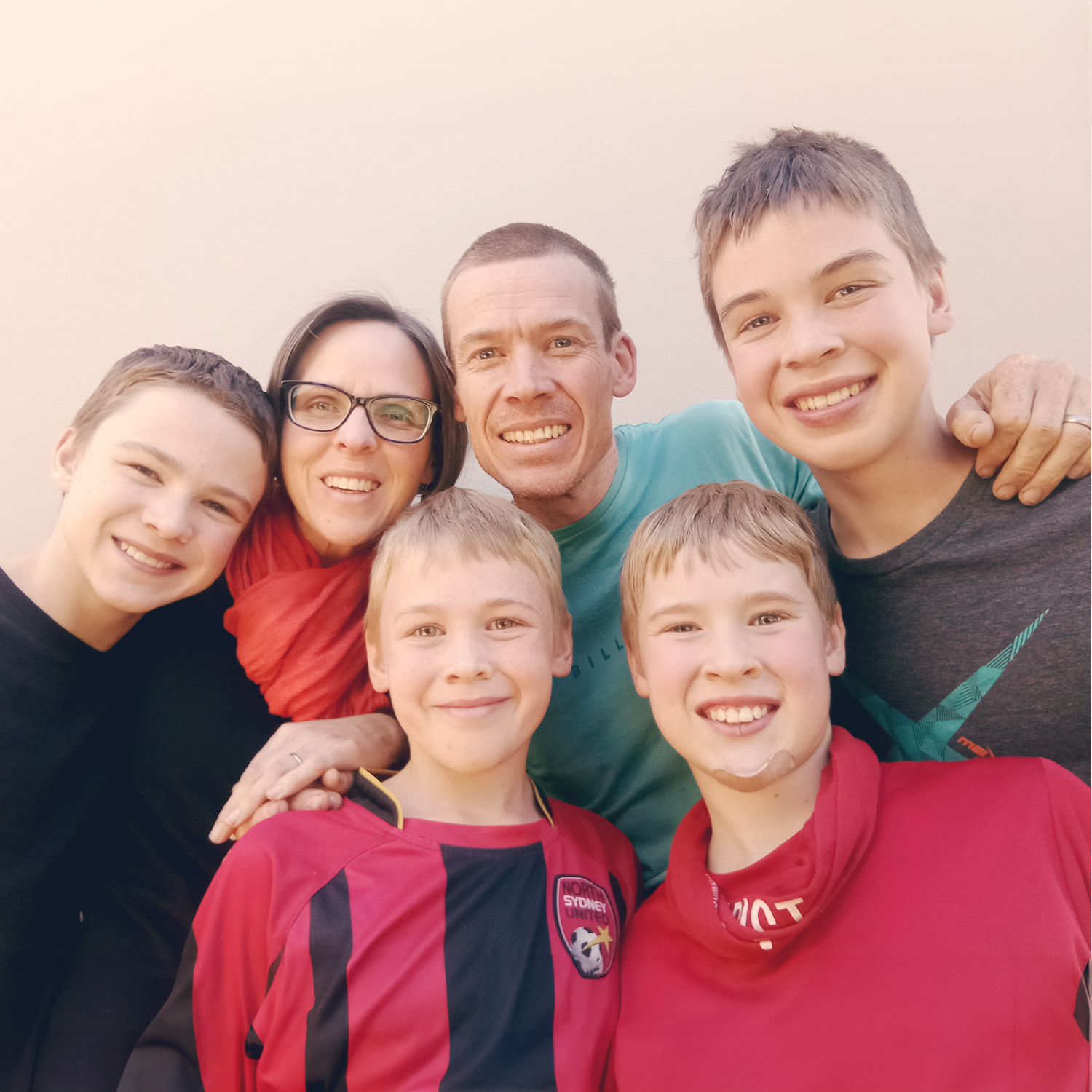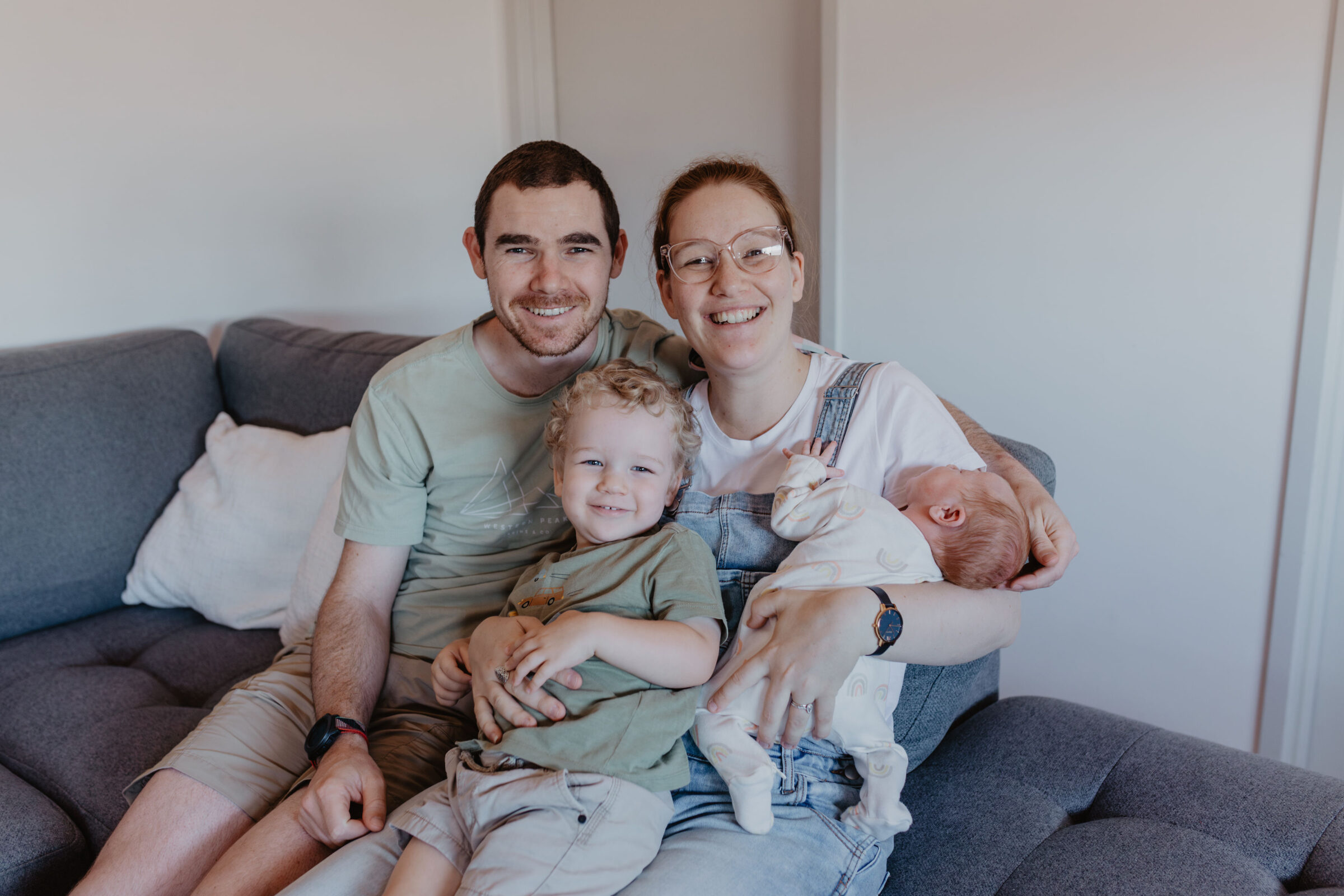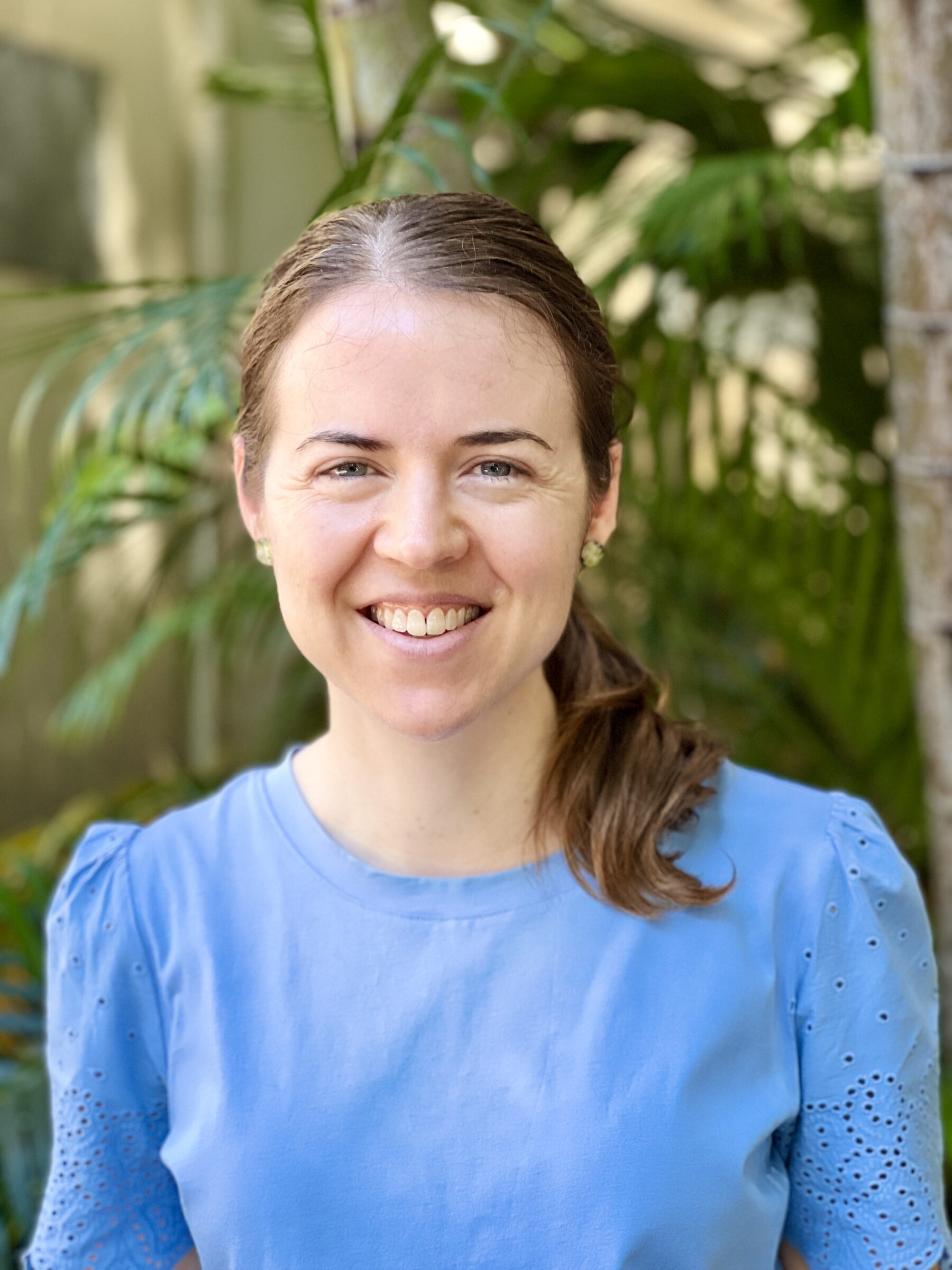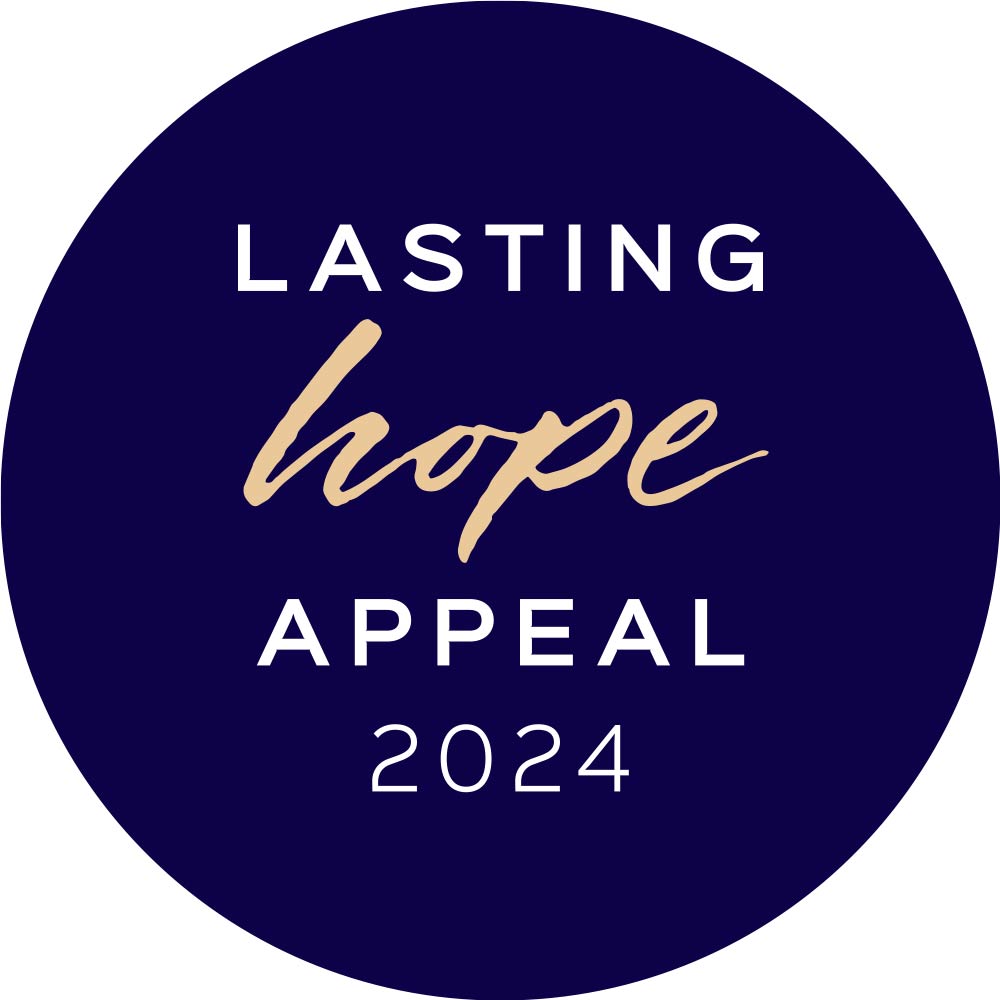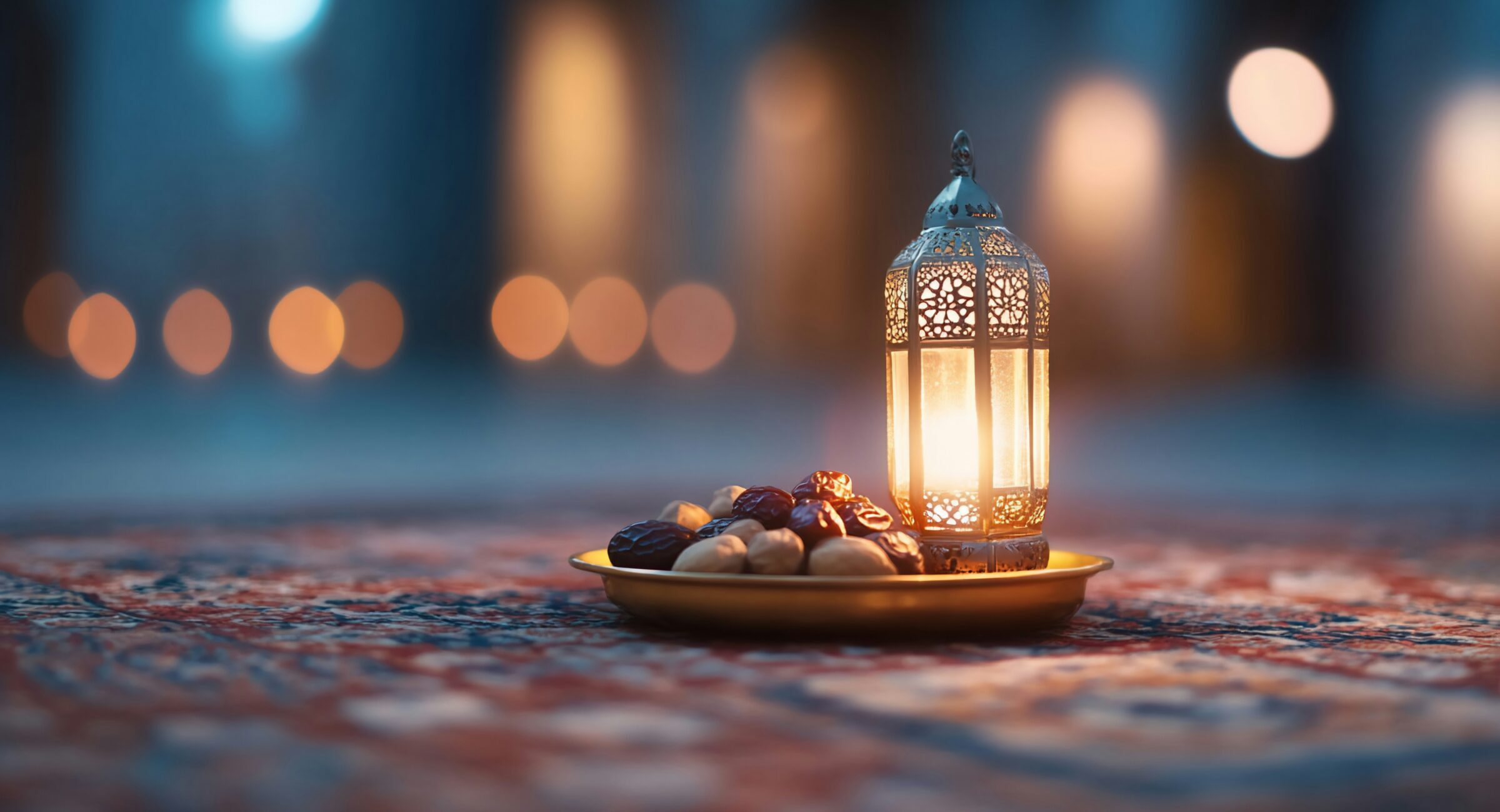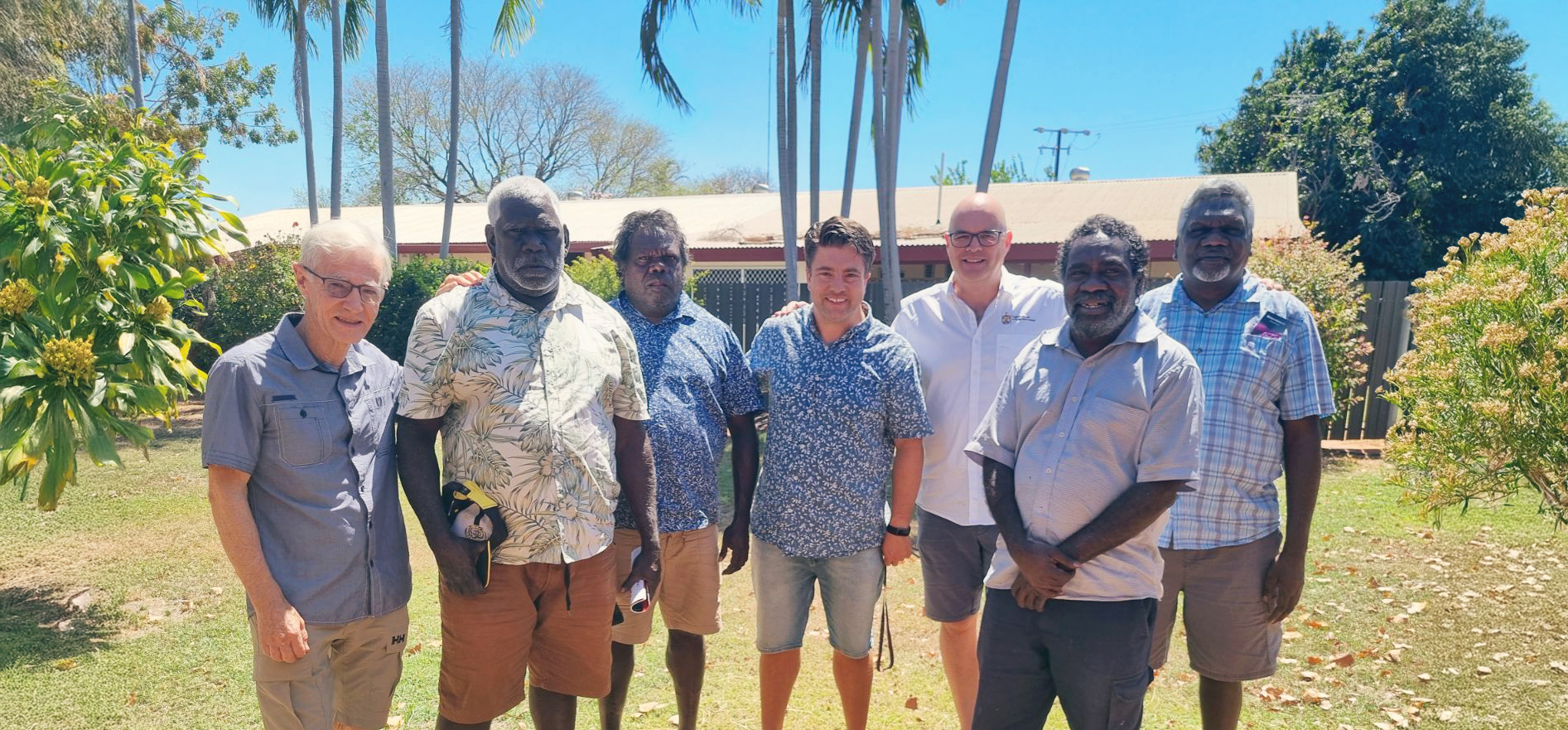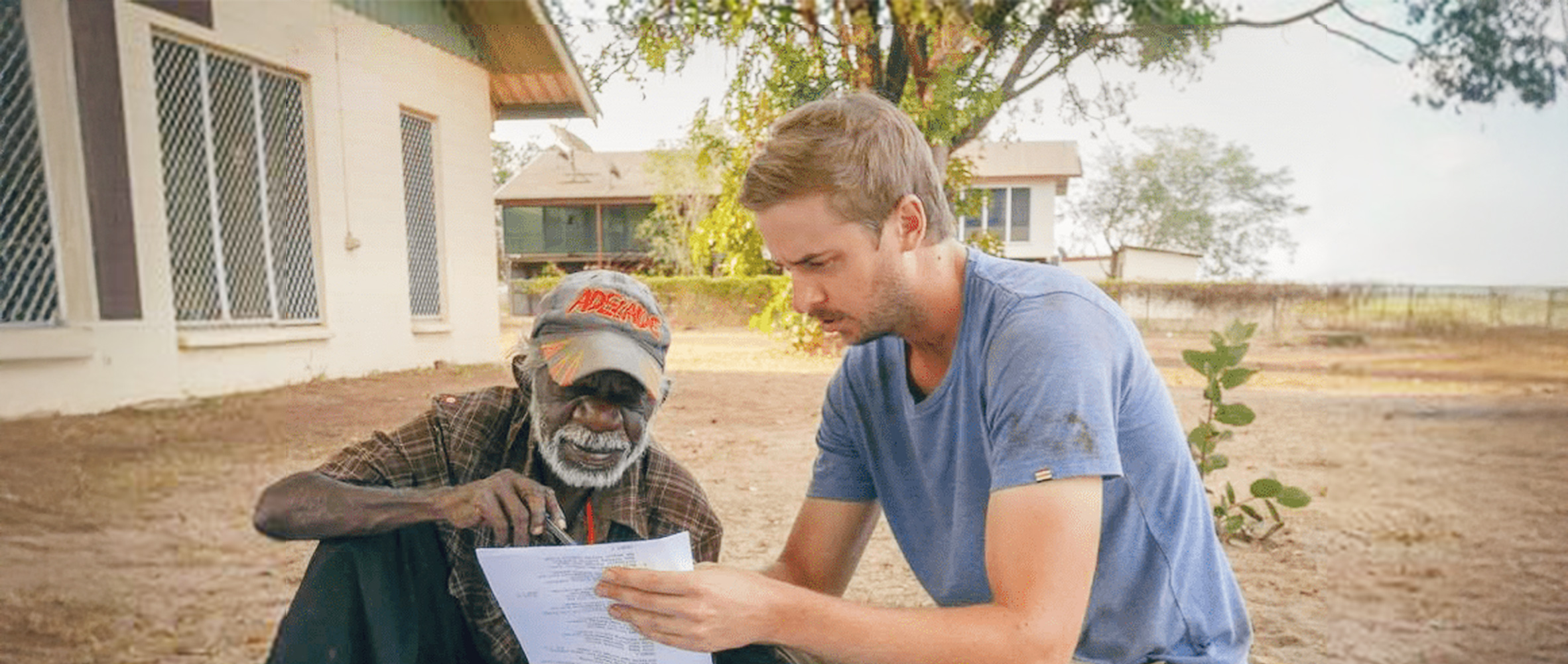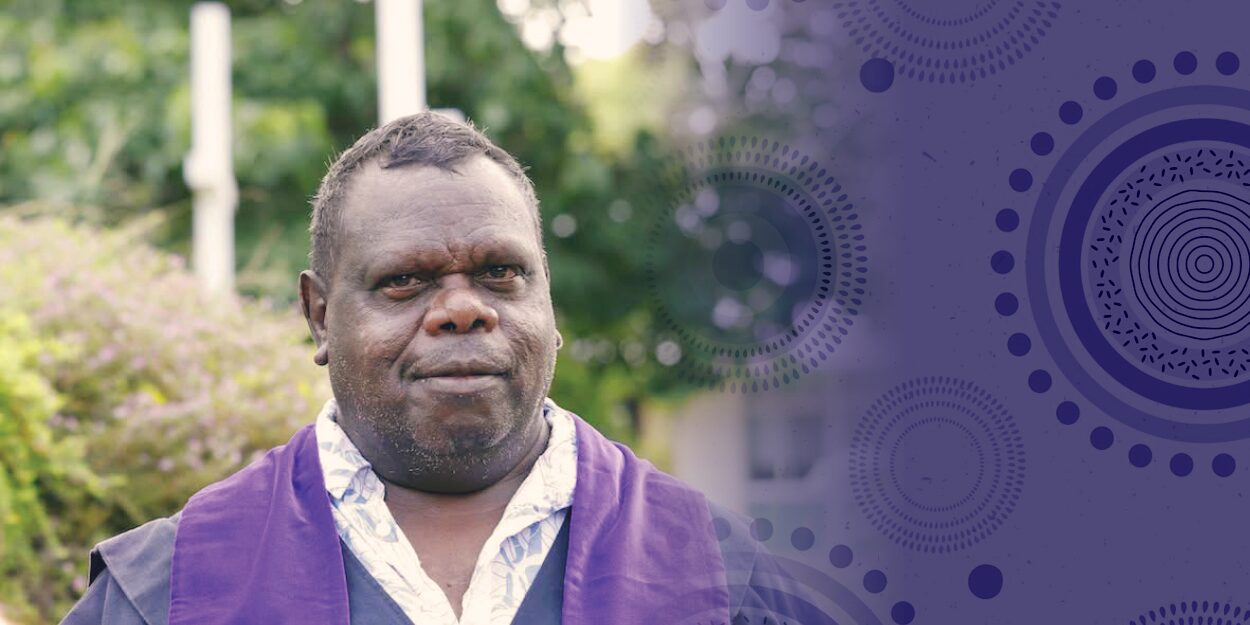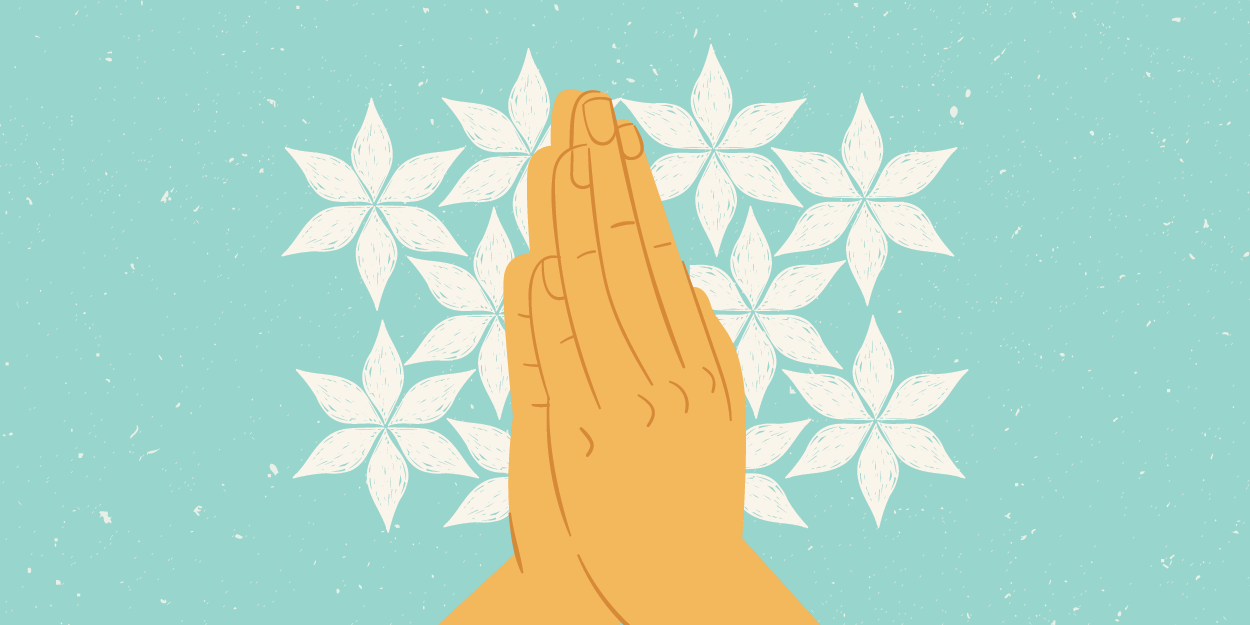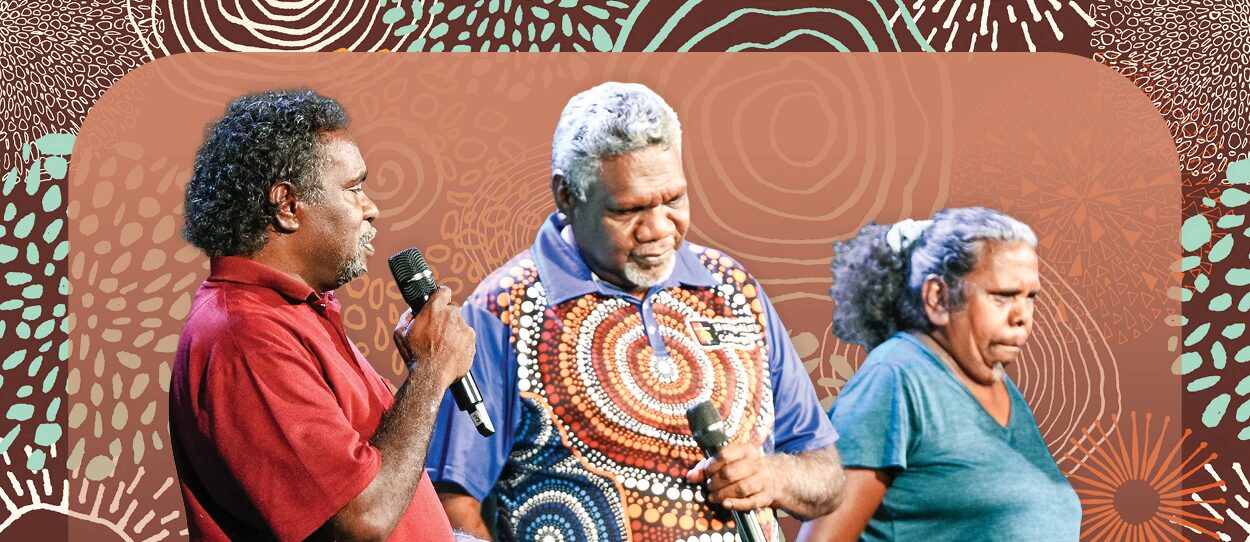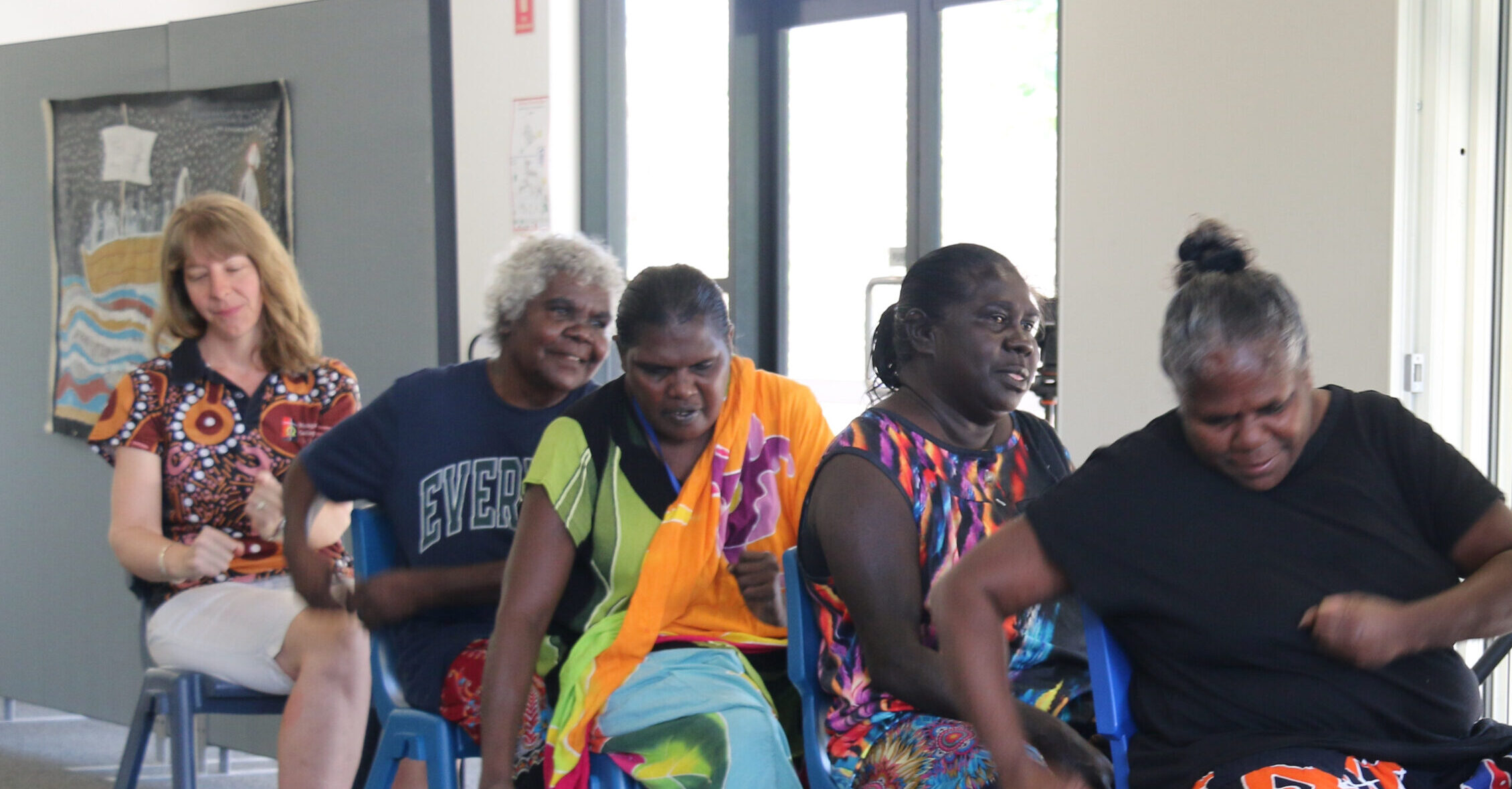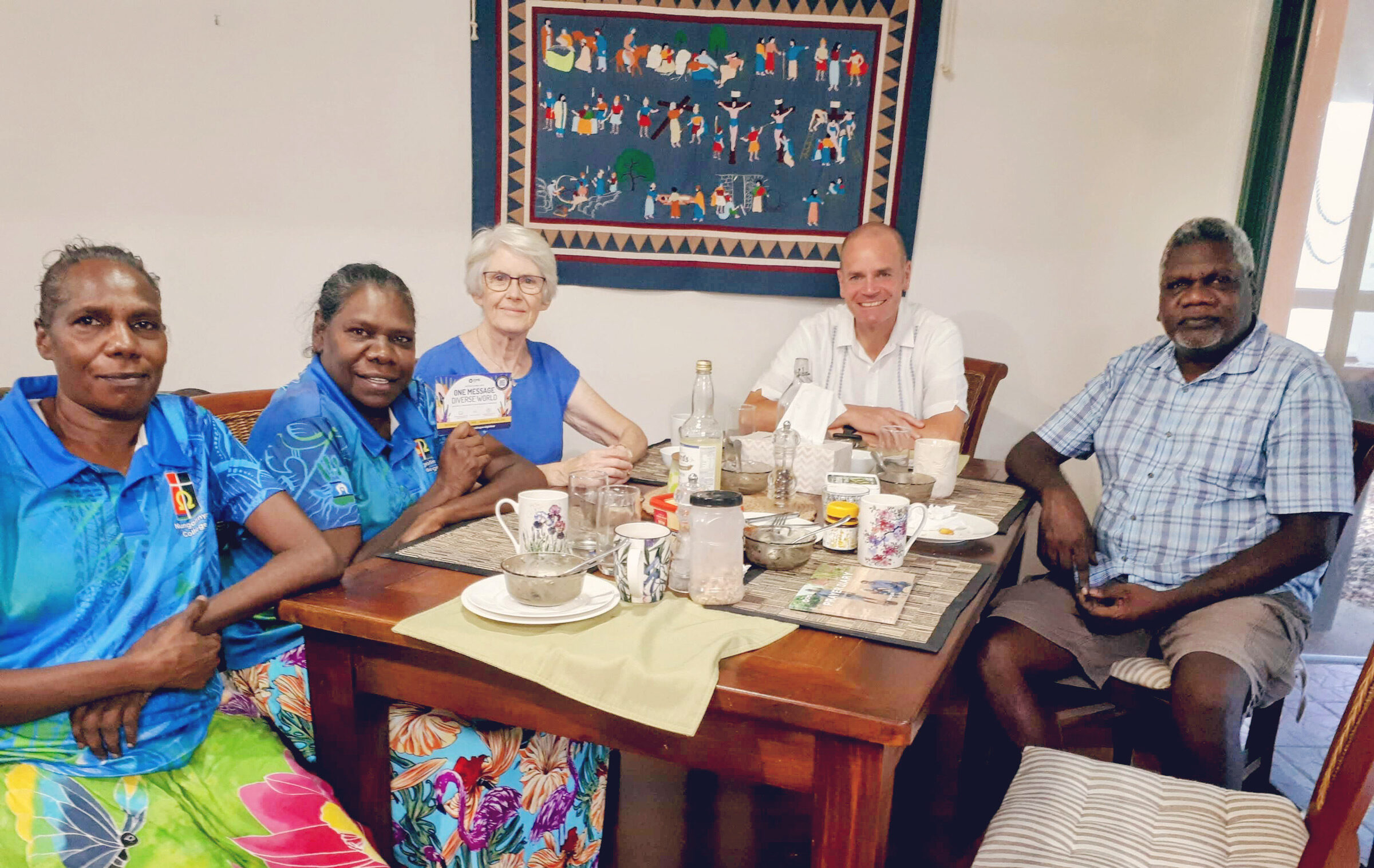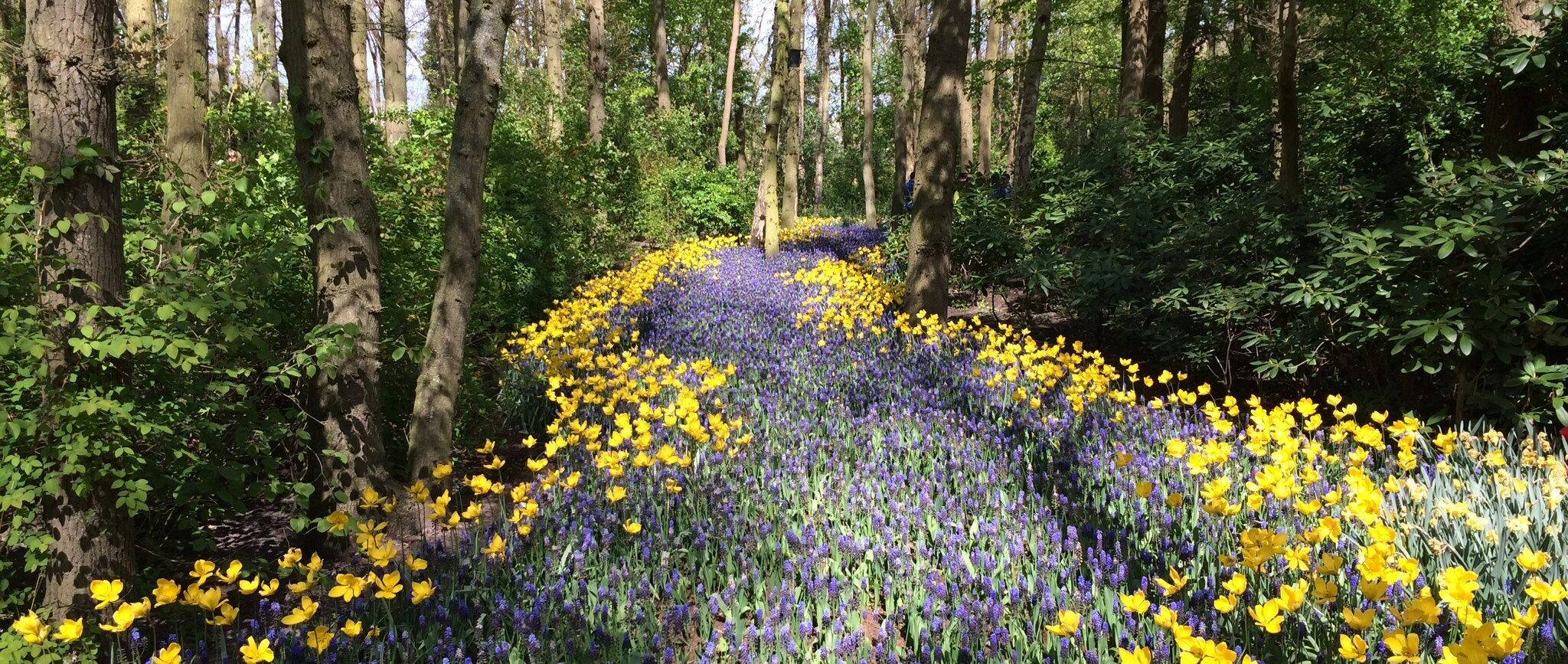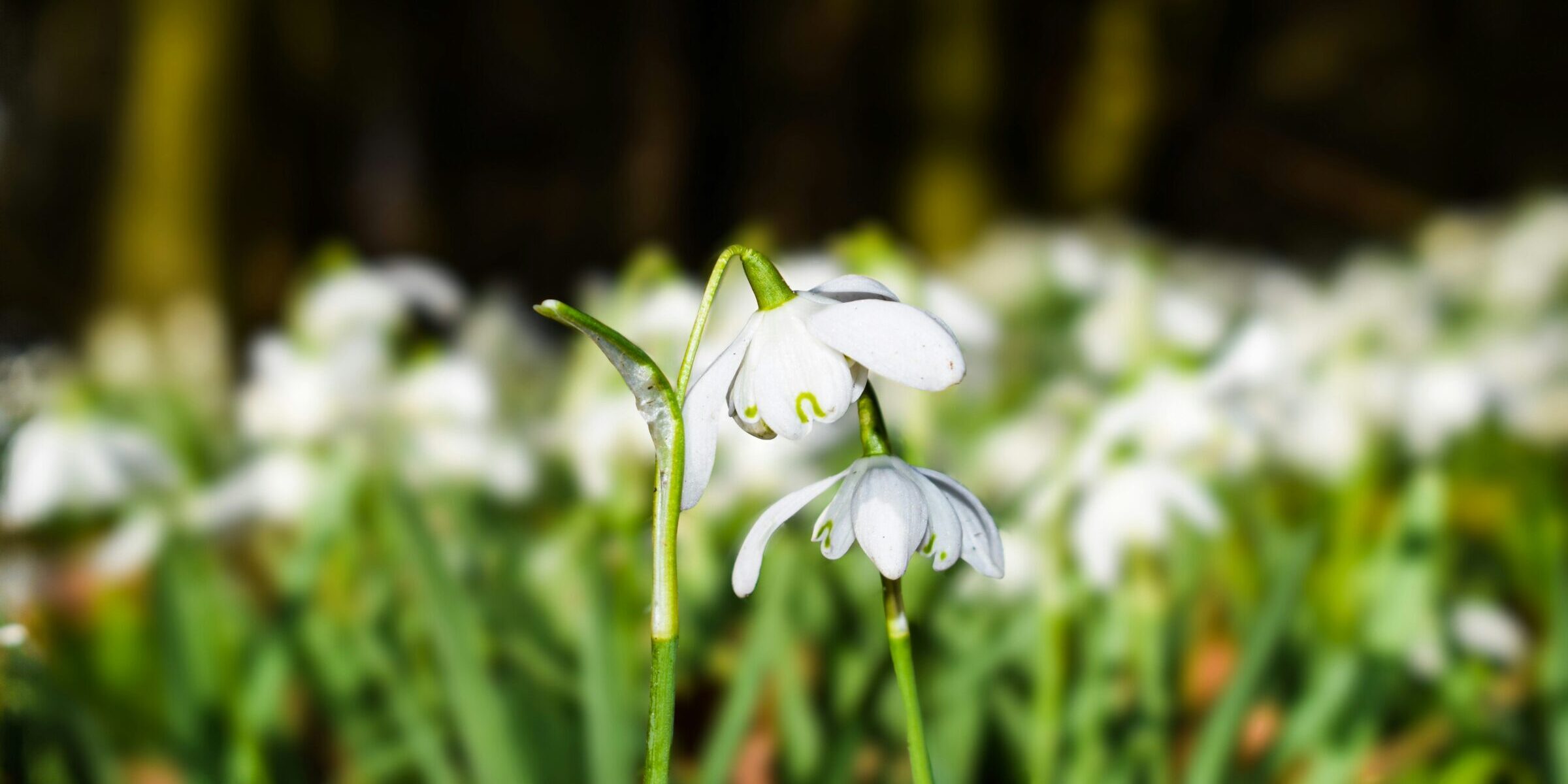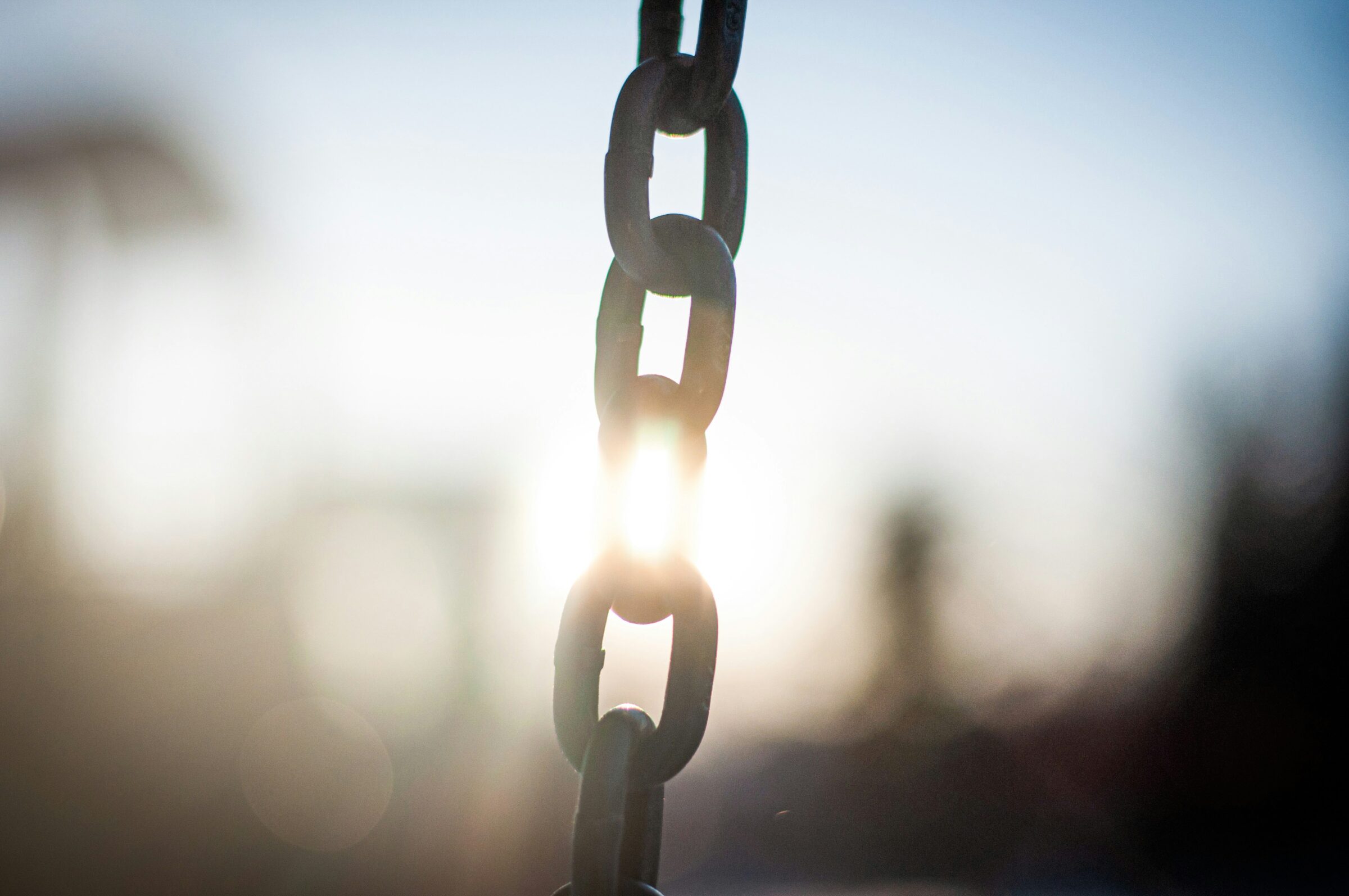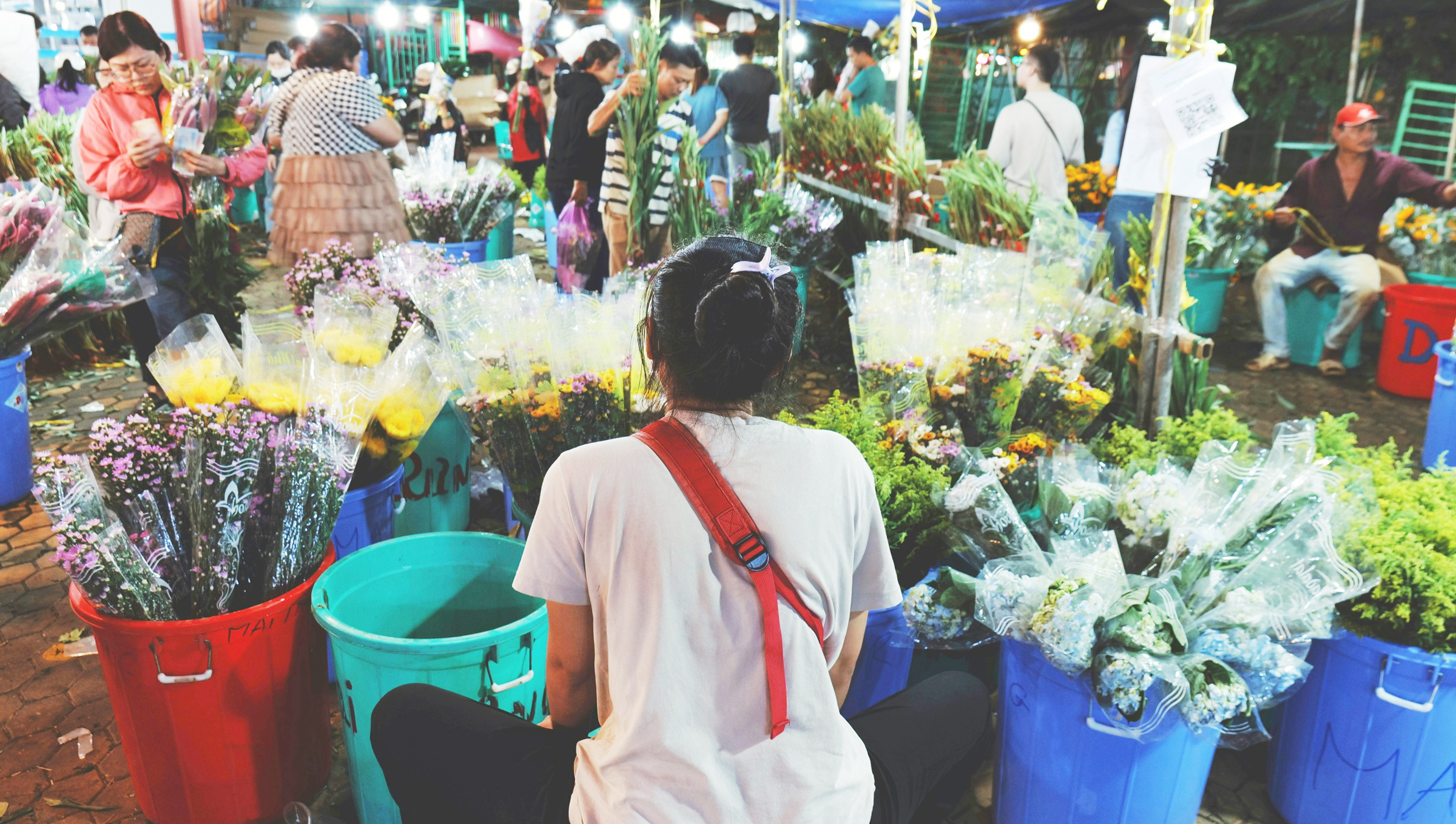Experiencing Ramadan in the Middle East
This article, written by CMS missionary M, was originally published by The Gospel Coalition Australia on 8 March 2024. It has been reproduced with permission. You can access the original article here.
It is the tinsel that catches my eye. As we inch our way along the street full of shops selling falafel and fruit, cigarettes, and cooking pots, I notice a shop front covered in golden crescent moons and decorative lanterns. This is my sixth year since arriving in the Middle East and we now recognise the tell-tale signs that remind us that Ramadan is coming.
This holy month of fasting is highly anticipated all year round and many friends would describe it as their favourite time of the year. For thirty consecutive days, Muslims will fast from water and food throughout daylight hours. Practically, this means that most will eat a small meal before the call to prayer at dawn, from which time they begin fasting. Many will return to sleep for at least another couple of hours before getting up for work.
The day of fasting is broken after the sunset call to prayer when families gather to enjoy a hot meal together. With the weariness of the day over, families snack and binge-watch special Ramadan TV series late into the night.
Generosity to Neighbours and Strangers
Our neighbours managed to squeeze a house move in just before Ramadan began. It was our first year in the Middle East and we did not know what to expect. We had barely had a chance to greet our new neighbours when we had a knock on our door early on the first evening of Ramadan, just before the call to prayer. We opened our door to our new neighbours holding out a plate of food.
There is a high importance placed upon generosity during the month of Ramadan. For those who are unable to fast due to medical reasons, they will often give sadaqah instead, a voluntary offering to those in need.
Reading from Cover to Cover
Every time I entered her shop, Um Mohammed was reading her Qur’an. She had a small shop selling second-hand clothes from the Gulf. In my early days of learning Arabic, she was a patient friend, often served me coffee whilst I sat and chatted with her. In between serving customers, she would read her Qur’an. She told me that she sought to read her Holy Book from cover to cover, several times over during Ramadan.
Across the world, Muslims like Um Mohammed fast to seek favour from God and as an act of self-restraint. Furthermore, there are many who seek repentance from their sins and try with all their might to abstain from wrongdoing. The fasting is not easy, nor is it meant to be. The physical toll it takes is meant to be akin to the effort with which Muslims seek forgiveness from God.
This striving culminates in the Night of Power, Laylat Al-Qadr, the holiest night in Ramadan for Muslims—one of the last ten nights of Ramadan, although no one knows exactly which. It is written in the Qur’an that a Muslim who fasts through this night will redeem himself of a thousand months’ worth of rewards (97:3). In Islam, the hope of these rewards is like a dangling carrot. It seems attainable—and yet like the uncertainty of when this Night of Power is, you can never be quite sure if you will be able to reach up and take hold of it.
“And Jesus, Looking at Him, Loved Him”
We are thankful to be in the Middle East during the month of Ramadan. Whilst our normal routines change and we are extra mindful not to eat or drink in public, we enjoy breaking the fast with friends and relaxing with them into the evening. However, we often feel the spiritual heaviness in this month. There is an increased fervour amongst our neighbours and friends to pray and renew their piety as Muslims.
Like the story of the rich young ruler (Mark 10:17–22), we know that our Lord Jesus is grieved when he sees Muslims exerting all their energy to achieve forgiveness through their own labours. He does not roll his eyes in annoyance. He looks at rich young rulers and his heart is moved with love (Mark 10:21). We have a scandalous message for our Muslim neighbours: all our religious labour is in vain, but Jesus lovingly offered us the sacrifice of his own life to cover our debt of sin.
A Reason Worth Buying Tinsel for
And so our hearts are moved to pray. We pray for visions and dreams of Jesus to come to our Muslim neighbours so that they might be compelled to begin the path of exploring who Jesus is. We pray for Christian gospel workers and Christian Arabs living in the Middle East that they will be protected from spiritual attack during this month and that God will give them opportunities to share. The 30 days of prayer are one of many prayer campaigns that are available. Please pray alongside us that in the years to come, Ramadan will be known as a month of daily public gatherings of prayer and worship of the gracious God of the gospel, rather than fasting to attain God’s favour. That is a reason worth buying tinsel for.












